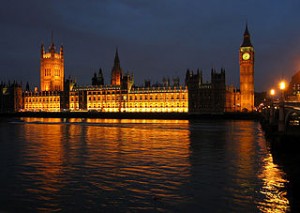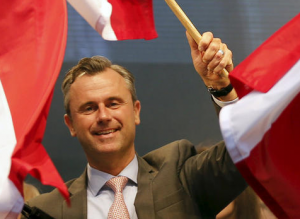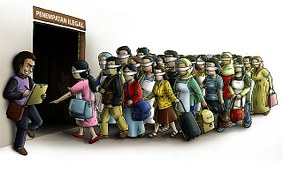By Michael Skey
The post-mortem is now well under way and the general consensus seems to be that those who voted leave were gullible fools led astray by a combination of a partisan press and slick political operators selling a particularly potent brand of snake oil, one part false promises, two parts undiluted bigotry. Notwithstanding the quality of the overall political debate around Brexit (it was awful on both sides), such a view might make Remainers feel better about themselves but offers little in making sense of what actually happened last Thursday and why.
 In the lead up to the vote, there were very few who actually got what this was about. John Harris of the Guardian was one of them because he actually bothered to tour the country and talk to people in unglamorous places like Nuneaton (66% Leave), Barking (62% Leave) and Hartlepool (70% Leave). On Wednesday he wrote:
In the lead up to the vote, there were very few who actually got what this was about. John Harris of the Guardian was one of them because he actually bothered to tour the country and talk to people in unglamorous places like Nuneaton (66% Leave), Barking (62% Leave) and Hartlepool (70% Leave). On Wednesday he wrote:
Even those who understand that something seismic is afoot among predominantly working-class voters are still too keen on the idea that they are gullible enough to be led over a cliff by people with whom they would actually disagree, if only they knew the facts. But most people are not really being “led” by anyone. In my experience, Farage, Boris Johnson and Michael Gove et al are viewed by most people with as much cynicism as the people fronting the remain campaign.
What is now happening … in the UK underlines a tangle of other stuff – to do with culture, belonging and community – that is going to require a completely different level of response.








 A
A 

